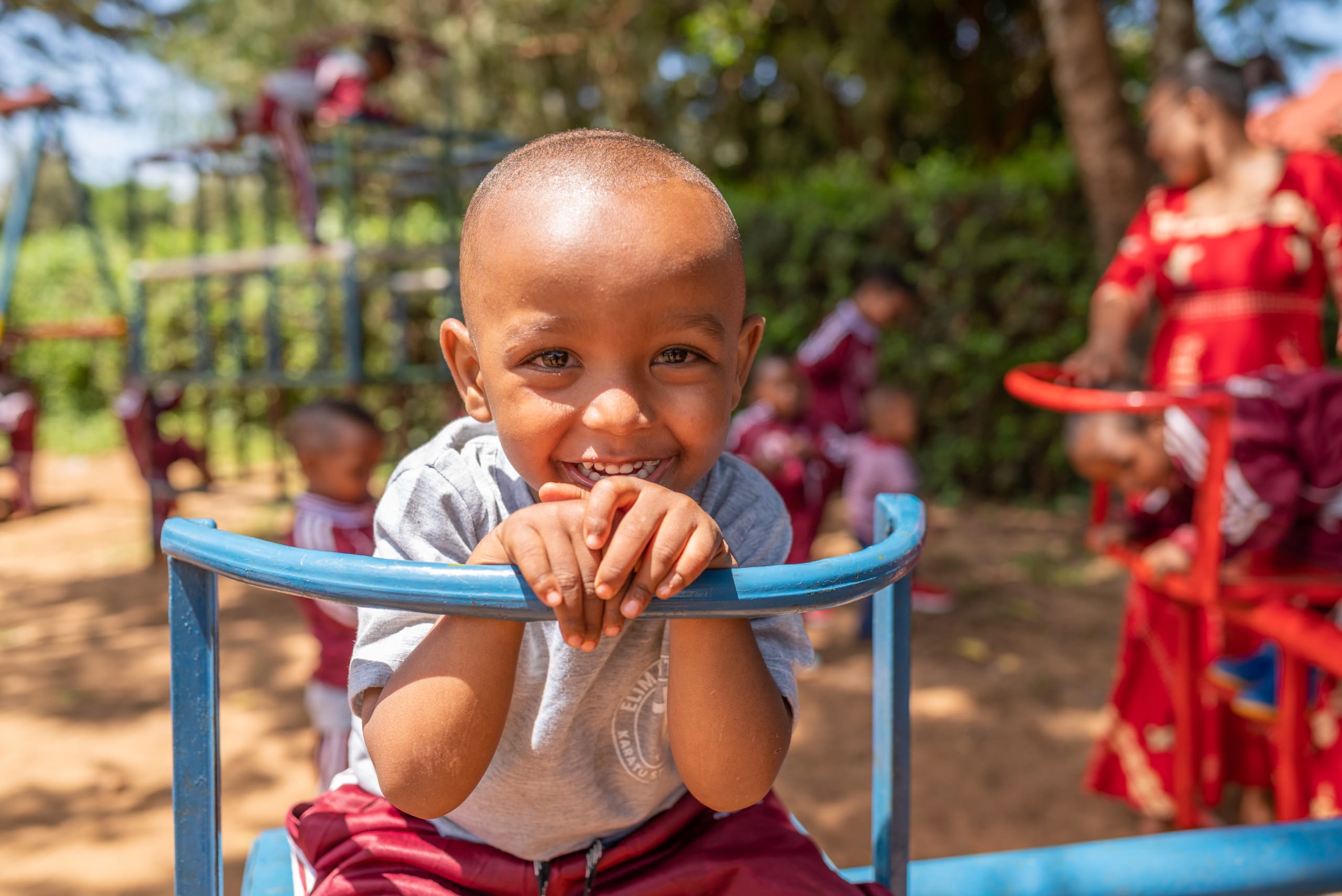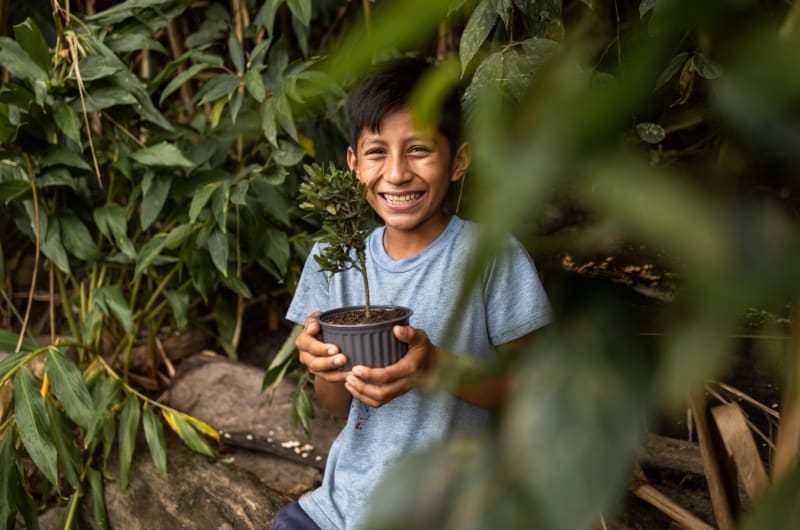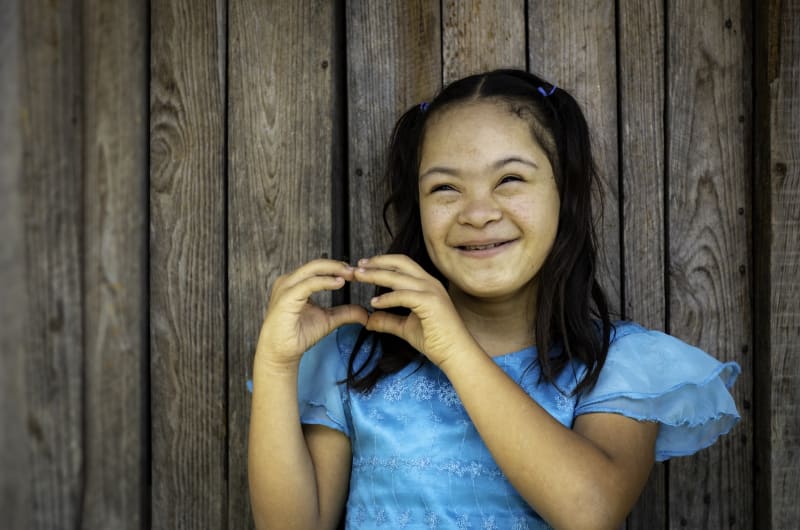The hallmark of Compassion’s program is holistic child development.
This approach to ending child poverty considers every part of a child’s life while addressing their needs. It means that we are passionate about helping children develop cognitively, physically, socio-emotionally and spiritually.
You may be asking, “What activities and resources are provided within Compassion’s program to facilitate holistic child development?” Well, there isn’t a one-size-fits-all answer to that question—and that is one of the amazing benefits of our program!
Every child in Compassion’s program will have unique needs because of their unique context. Our partnership with the local church allows them to respond to the unique needs of the children they serve—making our program agile and relevant for every child.
In this blog, we have compiled a list of the types of activities and resources that a Compassion centre could employ for holistic child development, depending on the needs of the children in their community. You can be assured that every child’s development is monitored in specific and measurable ways to ensure they are known, loved, protected and released into their potential!
Cognitive development can look like this:
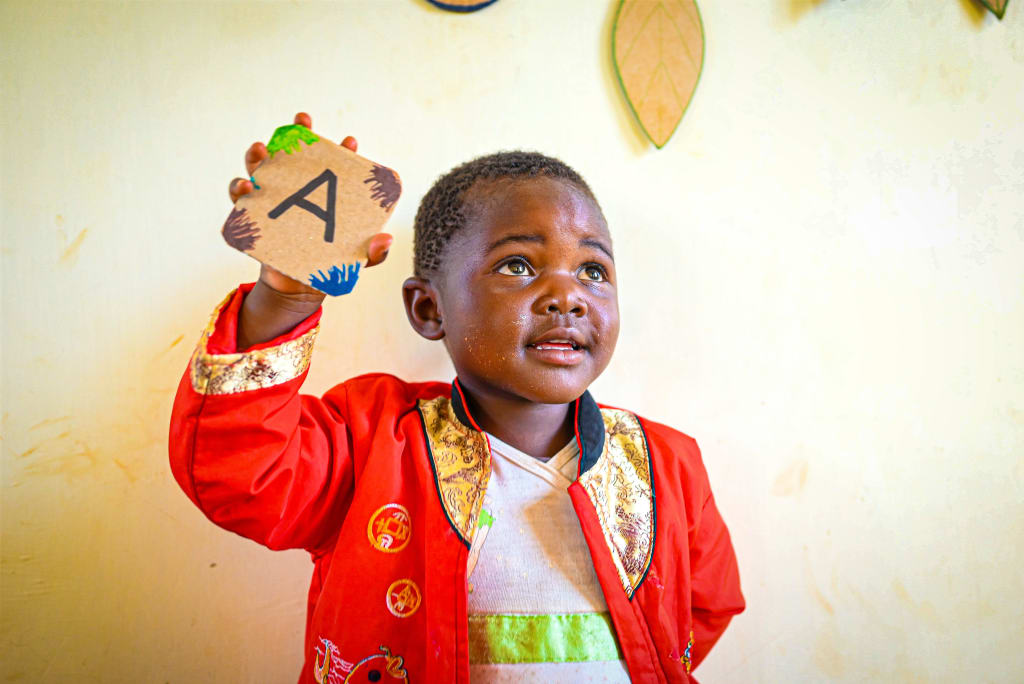
- Age-appropriate learning activities
- Resources for formal education like tuition, school supplies or uniforms
- Vocational training or apprenticeships
- Literacy workshops
- Leadership training
- Textbooks
- Computer skills
- Academic scholarships
Physical development can look like this:
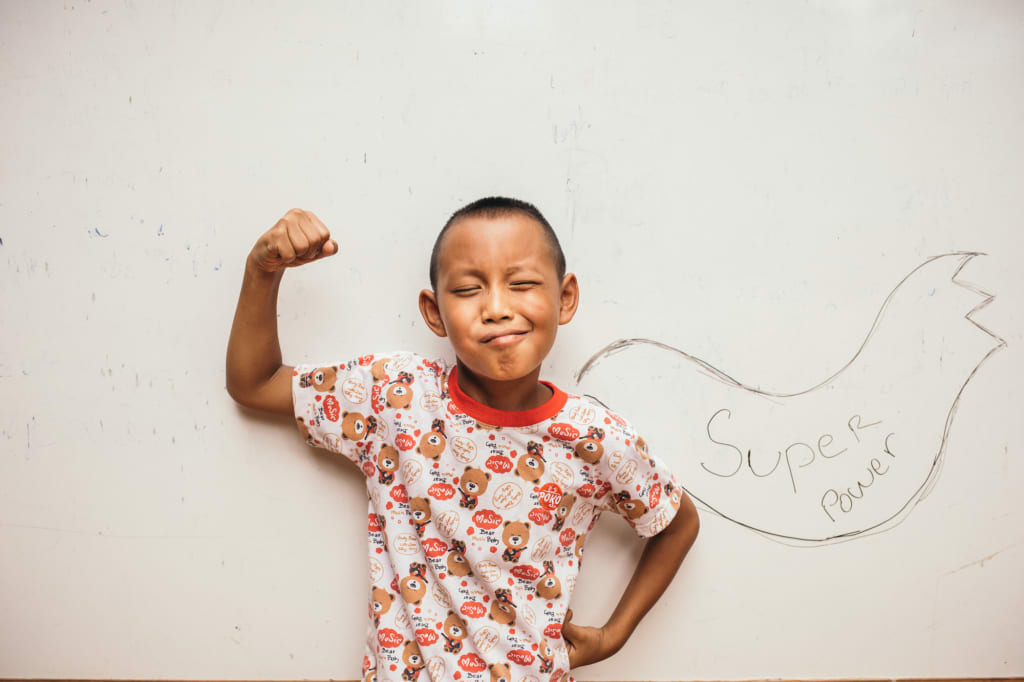
- Medical check-ups
- Nutritious food
- Access to clean water
- Sanitation solutions
- Dental hygiene kits
- Menstrual health resources
- Health and wellness education
- Emergency food packs
- Special medical interventions
Spiritual development can look like this:
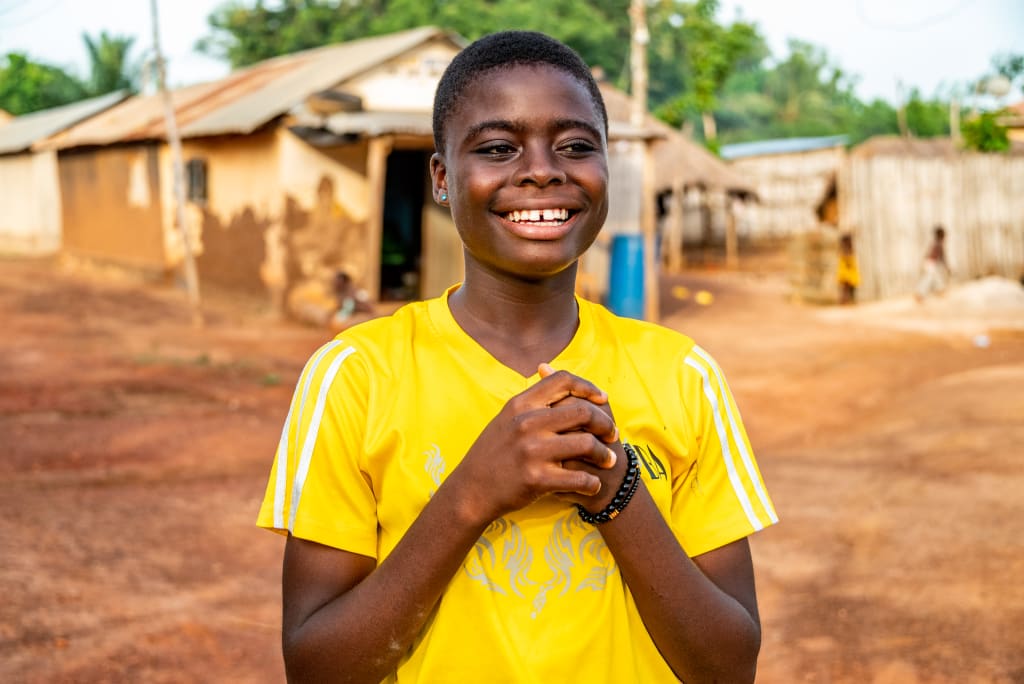
- Age-appropriate Bible lessons and Christian teaching
- A Bible
- Discipleship and care from tutors and mentors
- Connection to a local church
- Prayer with tutors and other children
- Special workshops, groups or Bible studies
- Prayers and encouraging letters from sponsors
Socio-emotional development can look like this:
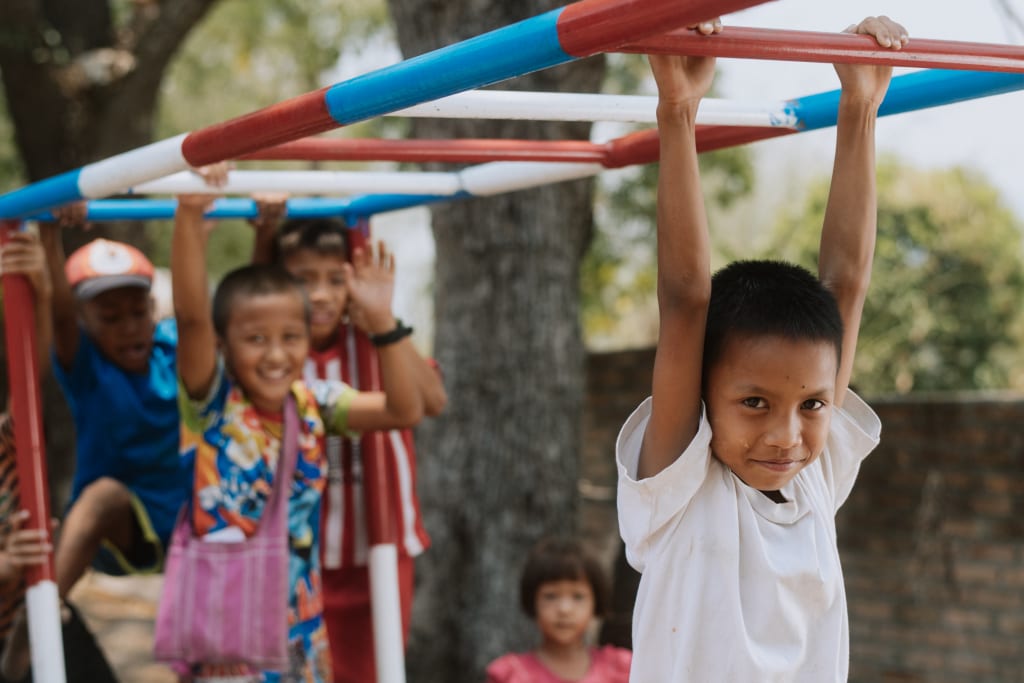
- Time to play with other children
- Help understanding emotions
- Goal-setting
- Letter-writing
- A safe place to play and grow
- Ongoing personal support

